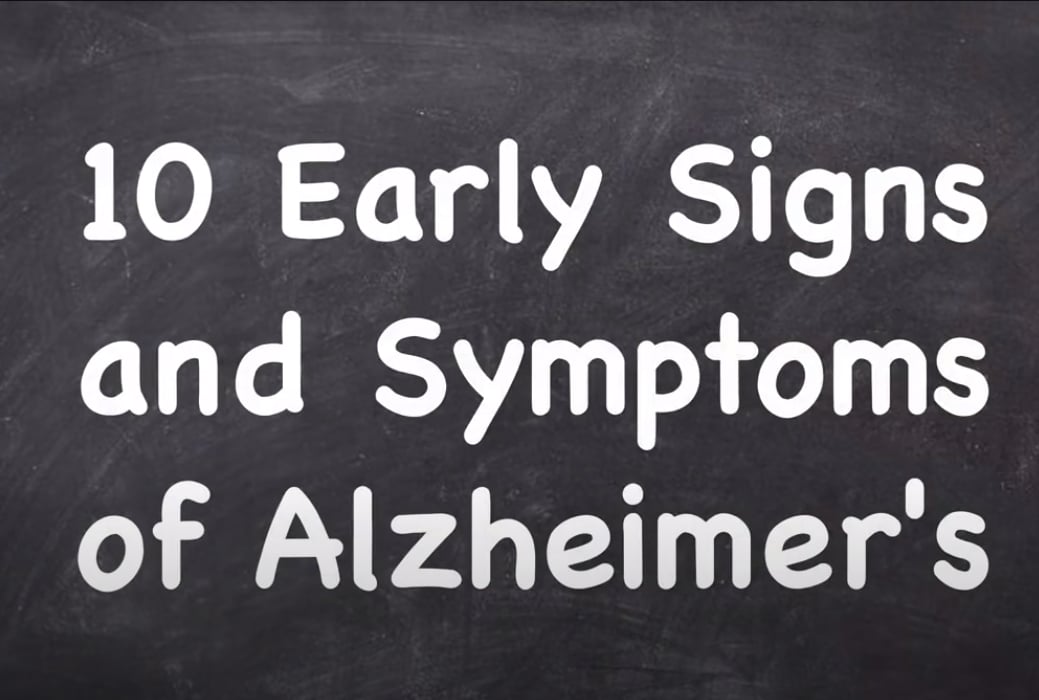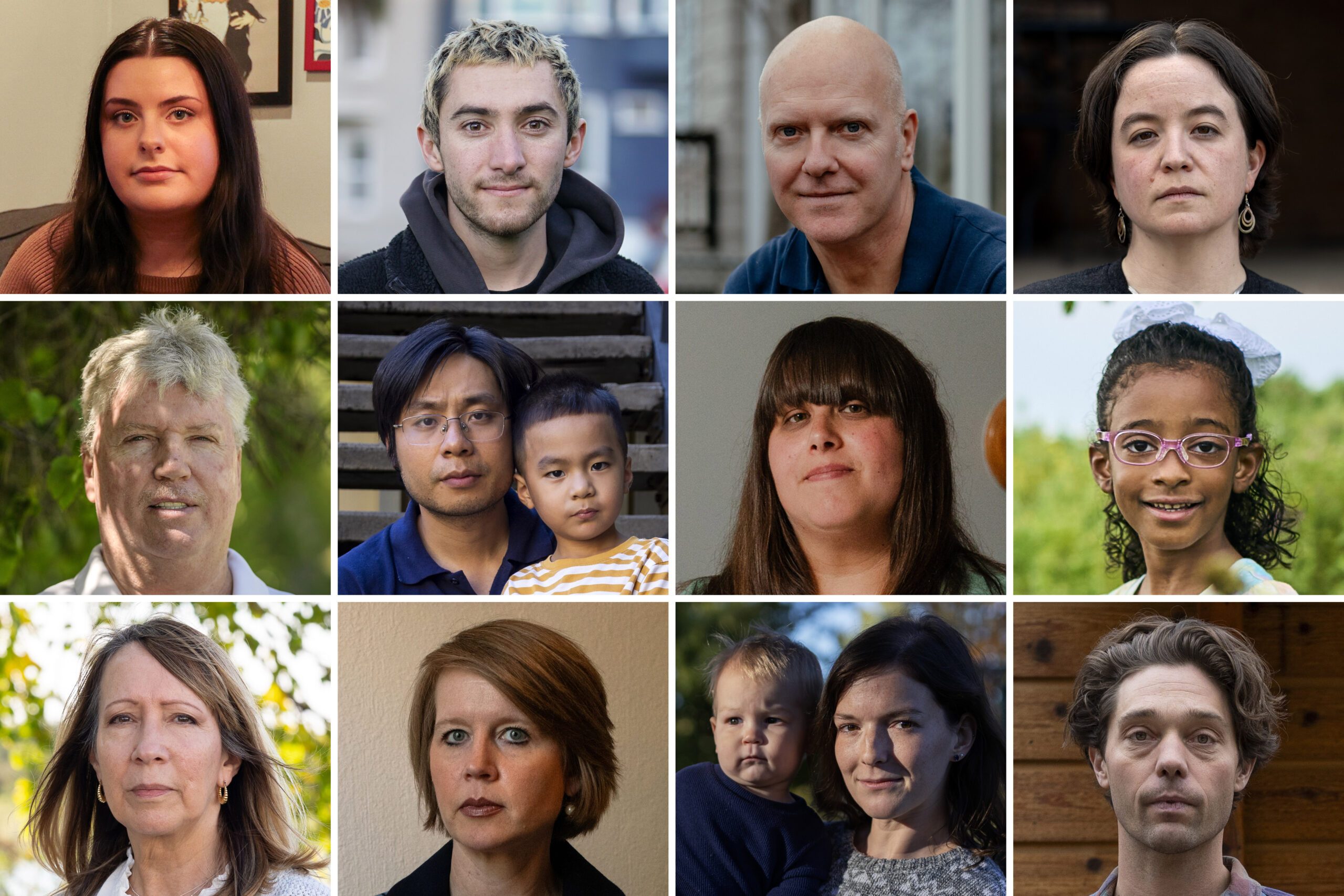“Life is like riding a bicycle. To keep your balance, you must keep moving.” -Albert Einstein
Most of us regularly utilize some type of vehicle; whether you use a bike, car, tractor, wheelchair, or scooter the common element for each is a tire. Tires are symmetrical, move easily and help us attain smooth travel. When the tire is flat, travel is impacted until the tire is changed. Alternatively, it creates a bumpy ride! Using that same analogy, to have a sense of well-being in our lives, there is a balance that must be achieved to keep our bodies and spirits strong enough for our journey called “life.”
The term ‘wellness’ may be a new term for some. While health and wellness seem similar and are often used interchangeably — they are distinctly different.
Health — the absence of infirmity, disease, or discomfort.
Our health is guided by a physician or care provider using testing, medications, and scientific data to determine the presence or absence of disease. A person seeking to be healthy will respond to physical symptoms and strive to keep their body free of symptoms or disease. They may use medication or other holistic approaches, but the goal is to remain free of disease.
Wellness — the proactive approach to creating an optimum balance throughout all dimensions of living: Financial, Spiritual, Emotional, Physical, Environmental, Occupational, Intellectual, and Social.
Each person identifies their own strengths, challenges, and priorities based on eight key areas. They can then adjust their life with the goal of becoming balanced in all key areas.
Wellness is not merely the absence of illness or distress — it is striving for positive physical, mental and social well-being. It is a lifelong process of making decisions that support a more balanced life and enable you to maximize your potential.
There are always opportunities for enhancing your wellness. A good place to start is self-reflection and goal-setting.
Wellness is described as: “an optimum balance throughout all dimensions of living.”
Emotional wellness is understanding your own feelings and expressing emotions in a constructive way. It is also the ability to manage stress and cope with life’s challenges.
Emotional wellness is more than feeling happy. In fact, a key part of emotional wellness is accepting that you won’t feel content all or maybe even most of the time. By acknowledging your feelings and working through them, you can become more in touch with your inner life and practice emotional wellness. Processing your emotions through writing, talk therapy or in conversations with people you trust can make this task easier. Emotional wellness can help you manage your stress and build resilience in the face of temptations or setbacks.
Environmental wellness involves considering the interactions between your environment, your community, and yourself. The environment includes not only the natural environment but also your social environment. Learn about the natural and social environment around you, and behave in a way that fosters a safe and healthy environment for others.
The environments where you live, work and relax can have a significant impact on your mood and overall well-being. Spend time in safe, comfortable spaces as often as you can.
Intellectual wellness is engaging in creative and mentally-stimulating activities, expanding your knowledge and imparting knowledge to others. You can develop intellectual wellness through academic pursuits, but also through cultural, artistic or skill-based learning.
Whether you realize it or not, you’re always on the lookout for new ways to stimulate and engage your brain. But if you seek out this stimulation without care or consideration, you may find yourself participating in passive activities like scrolling through social media or watching hours of television. While these activities can be satisfying in the moment, they lack the depth and meaning needed for true intellectual wellness. Instead, cultivate your curiosity by engaging in challenging activities that interest you. Learn how to play the piano. Write a short story. Read a book by your favourite author, or scan your local bookstore for something new. Staying open to new ideas, interests and wisdom enriches your days and makes life worth living.
Occupational wellness is finding fulfillment from your work and study, contributing meaningfully, and continuing to expand your skills and strengths. Occupational wellness is relevant throughout our lives, encompassing academic study, paid work and volunteerism.
Engaging in meaningful work allows you to live out your values. Whether it’s a day job, going to school or volunteering, doing work that you are passionate about can make your life feel more meaningful. Also, if you do work you truly love, you’ll have another reason to feel excited when you wake up in the morning.
Physical wellness comes from making choices to avoid harmful habits and practice actions that support your physical body, health and safety. It includes choices about physical activity, healthy eating, sleeping, safer sex, getting medical care, and the use of alcohol, other drugs and tobacco.
Your body is the vessel that you moves you through the world; it’s vital that you treat it with kindness. Participating in regular physical activity, getting restful sleep and eating healthy foods can reduce your risk of illness, bolster your mood and increase your energy levels — promoting both emotional and physical wellness.
Financial wellness is achieved when people can apply financial knowledge confidently to manage their economic lives effectively. That includes making good financial decisions, spending within one’s means, planning adequately for emergencies and preparing for the future.
While it might sound dull, getting a handle on your finances can relieve a surprising amount of stress from your daily life. Never knowing how much money you have left for food each month or constantly worrying about retirement is emotionally taxing. Take time to understand your current spending habits and monetary needs. Create a budget that cuts down on excess spending and allows you to save for the future. You can even help yourself feel grateful for your sobriety by calculating how much money you’re saving every month by not buying drugs or alcohol. Making a safety net for your current and future self can give you comfort and peace of mind.
Social wellness refers to the quality of the relationships you have and how you interact with others. Building supportive relationships, dealing with conflict effectively, and making the time for socializing contribute to your overall wellness.
We need other people in our lives. Social support is one of the most fundamental human needs. Close friends and family members are there to celebrate the good with you, lament the bad and help you go through life feeling connected and cared for. Because of this, it’s vital that you foster close relationships and make an effort to connect with at least one person you’re close to every day.
Spiritual wellness refers to having values or beliefs that provide a sense of meaning and purpose to your life and considering whether your actions align with your values. You can also take time to connect with something bigger than yourself.
Spirituality is the search for personal meaning and purpose. A healthy spiritual life can help you feel more connected to yourself, others and the world around you. If you want to develop a sense of spirituality, it’s important to take part in reflective activities that allow you to understand and practice your values and beliefs. Attend a place of worship, go for a walk, practice yoga, try meditation — whatever feels right to you. Taking the time to perform these activities on a regular basis can improve your overall wellness, increase your sense of purpose and allow you to better understand your recovery goals in a larger context.
Wellness comes from personal balance, not bodily perfection.
While incorporating these eight dimensions of wellness may improve your day-to-day life, it’s important to remember that they are not a fix for external difficulties. Wellness is not the absence of illness or stress — it’s having the mental and physical fortitude to cope with these challenges. Regardless of your life circumstances, you can always strive for wellness.
—
This post was previously published on Medium.
***
You Might Also Like These From The Good Men Project
 Compliments Men Want to Hear More Often
Compliments Men Want to Hear More Often  Relationships Aren’t Easy, But They’re Worth It
Relationships Aren’t Easy, But They’re Worth It  The One Thing Men Want More Than Sex
The One Thing Men Want More Than Sex  ..A Man’s Kiss Tells You Everything
..A Man’s Kiss Tells You Everything Join The Good Men Project as a Premium Member today.
All Premium Members get to view The Good Men Project with NO ADS.
A $50 annual membership gives you an all access pass. You can be a part of every call, group, class and community.
A $25 annual membership gives you access to one class, one Social Interest group and our online communities.
A $12 annual membership gives you access to our Friday calls with the publisher, our online community.
Register New Account
Log in if you wish to renew an existing subscription.
Username
First Name
Last Name
Password
Password Again
Choose your subscription level
- Yearly - $50.00 - 1 Year
- Monthly - $6.99 - 1 Month
Credit / Debit Card PayPal Choose Your Payment Method
Auto Renew
Subscribe to The Good Men Project Daily Newsletter By completing this registration form, you are also agreeing to our Terms of Service which can be found here.Need more info? A complete list of benefits is here.
—
Photo credit: Coen van de Broek on Unsplash
The post How To Achieve Personal Well-Being Through Wellness appeared first on The Good Men Project.
Original Article










